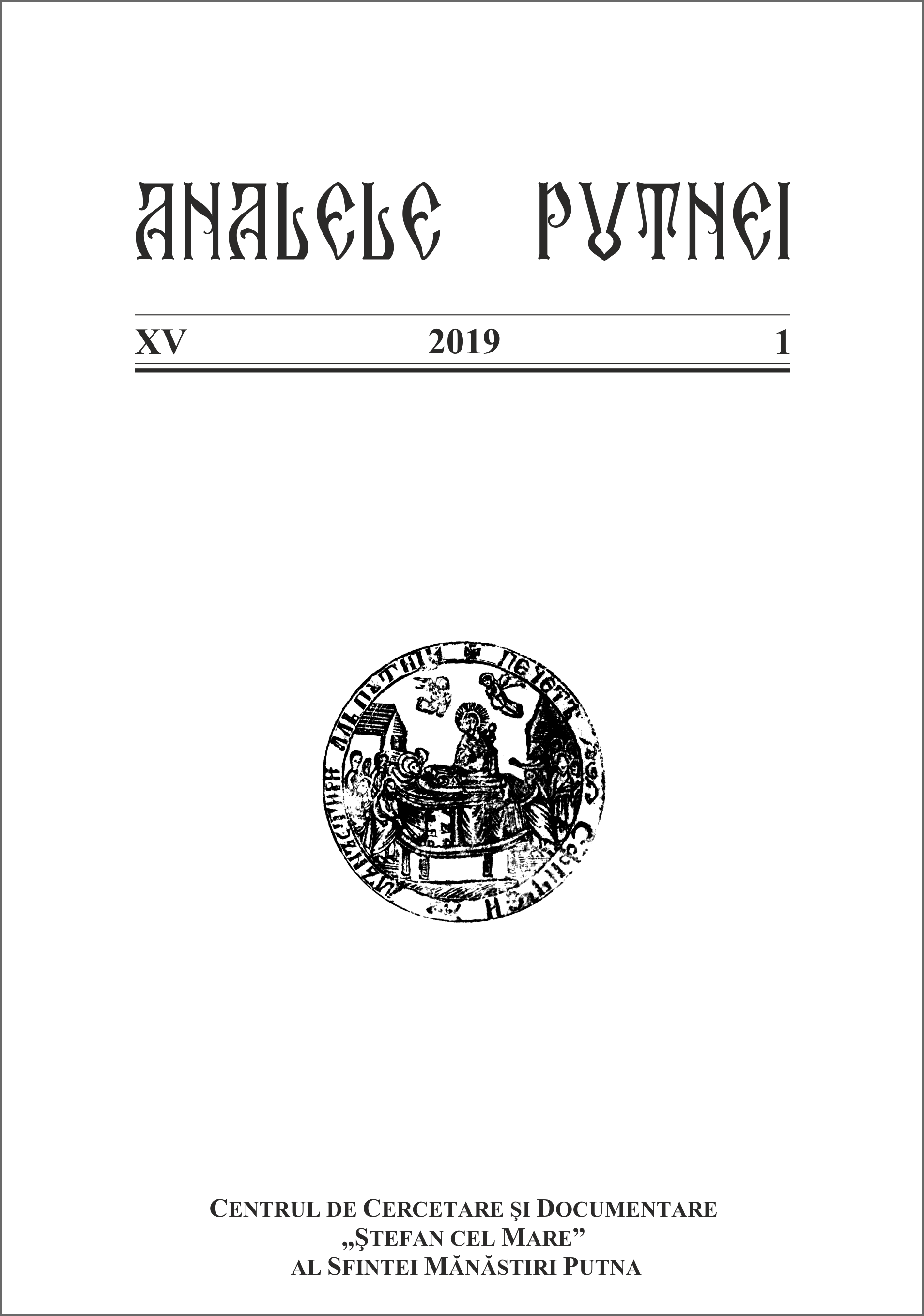Ștefan cel Mare, Mesih Pașa, „răscoala” lui Mucha și preliminariile războiului moldo-polon
Stephen the Great, Mesih Pasha, the “Revolt” of Mucha and the Preliminaries of the Moldavian-Polish War
Author(s): Liviu PilatSubject(s): Military history, 15th Century, The Ottoman Empire
Published by: Centrul de cercetare şi documentare ŞTEFAN CEL MARE
Keywords: Moldavia; Poland; Ottoman Empire; Russia; war; diplomacy;
Summary/Abstract: The present paper outlines the evolution of the Moldavian-Polish conflict in the context of the dynamics of the Northern Black Sea and Central-Eastern European politics. After the failed attempt to regain Kilia and Moncastro with Polish aid, the politics of Stephen the Great took on a spectacular turn. With the aid of Mesih Pasha, Mengli Giray, Ivan III and Maximilian of Habsburg, Stephen the Great became an open adversary of the Jagiellonian dynasty and of the Polish-Lithuanian union. Stephen supported the plan for a Ruthenian Voivodeship vassal to the Porte, an episode known in the historiography as the “revolt of Mucha”. The Moldavian ruler’s intention was to instigate a Polish-Ottoman war, which would have served him in regaining the fortresses lost in 1484. The Polish riposte was the 1497 campaign against Moldavia, organized under the pretext of an expedition for regaining Kilia and Moncastro. Even though some historians viewed it as a “tragic misunderstanding”, the campaign to Moldavia was not the result of an accidental decision, but the climax of a decade of Moldavian-Polish hostility, which began with the Polish-Ottoman peace from 1489 and ended with the Moldavian-Polish treaty from 1499.
Journal: Analele Putnei
- Issue Year: 2019
- Issue No: 1
- Page Range: 69-88
- Page Count: 20
- Language: Romanian
- Content File-PDF

